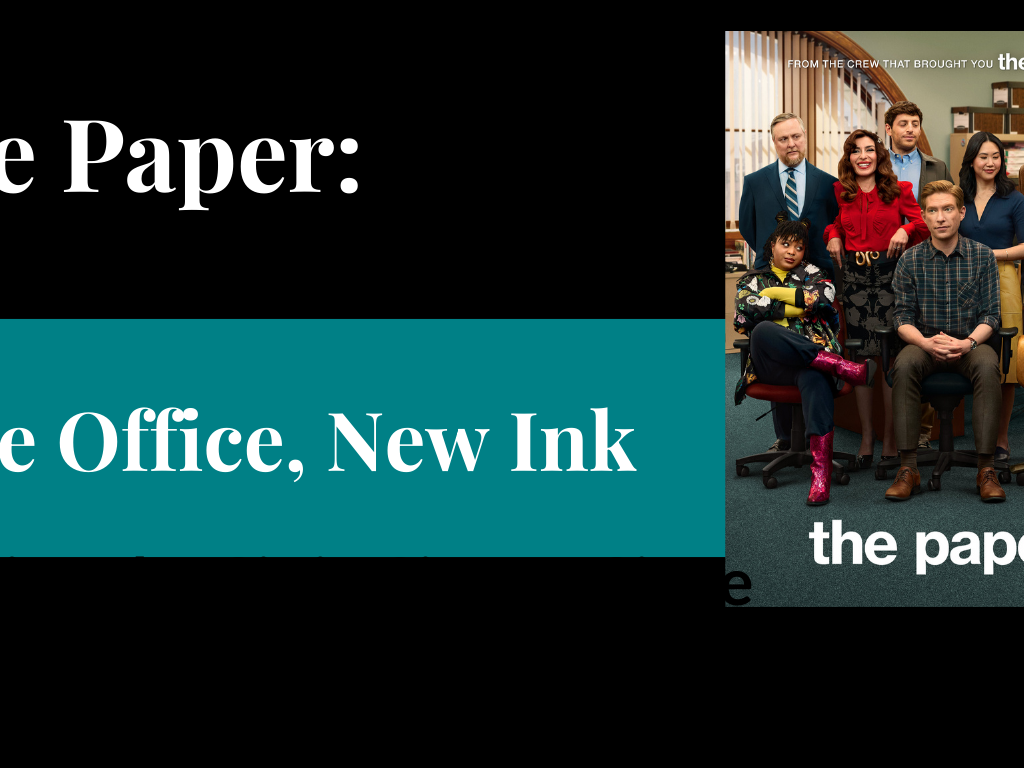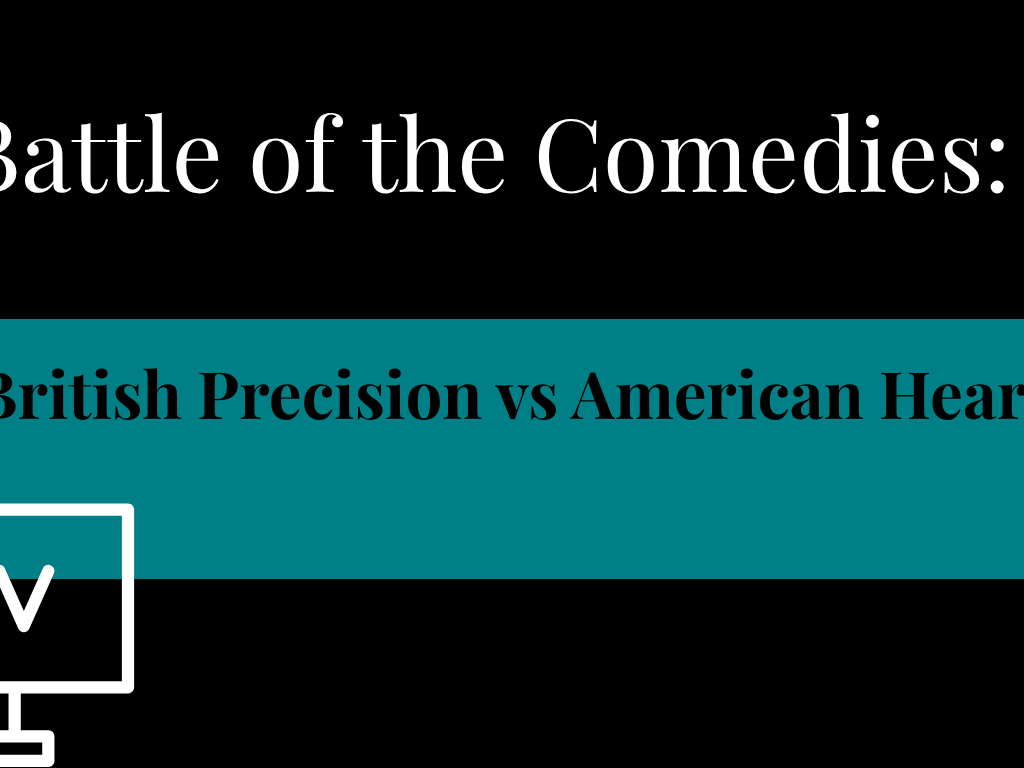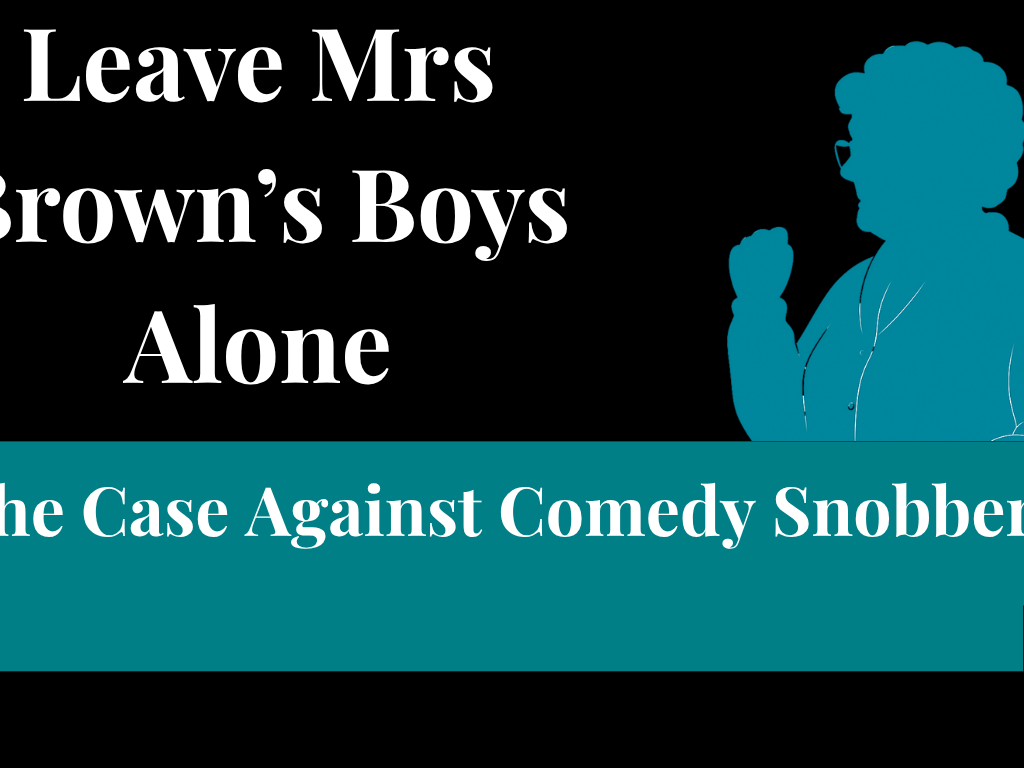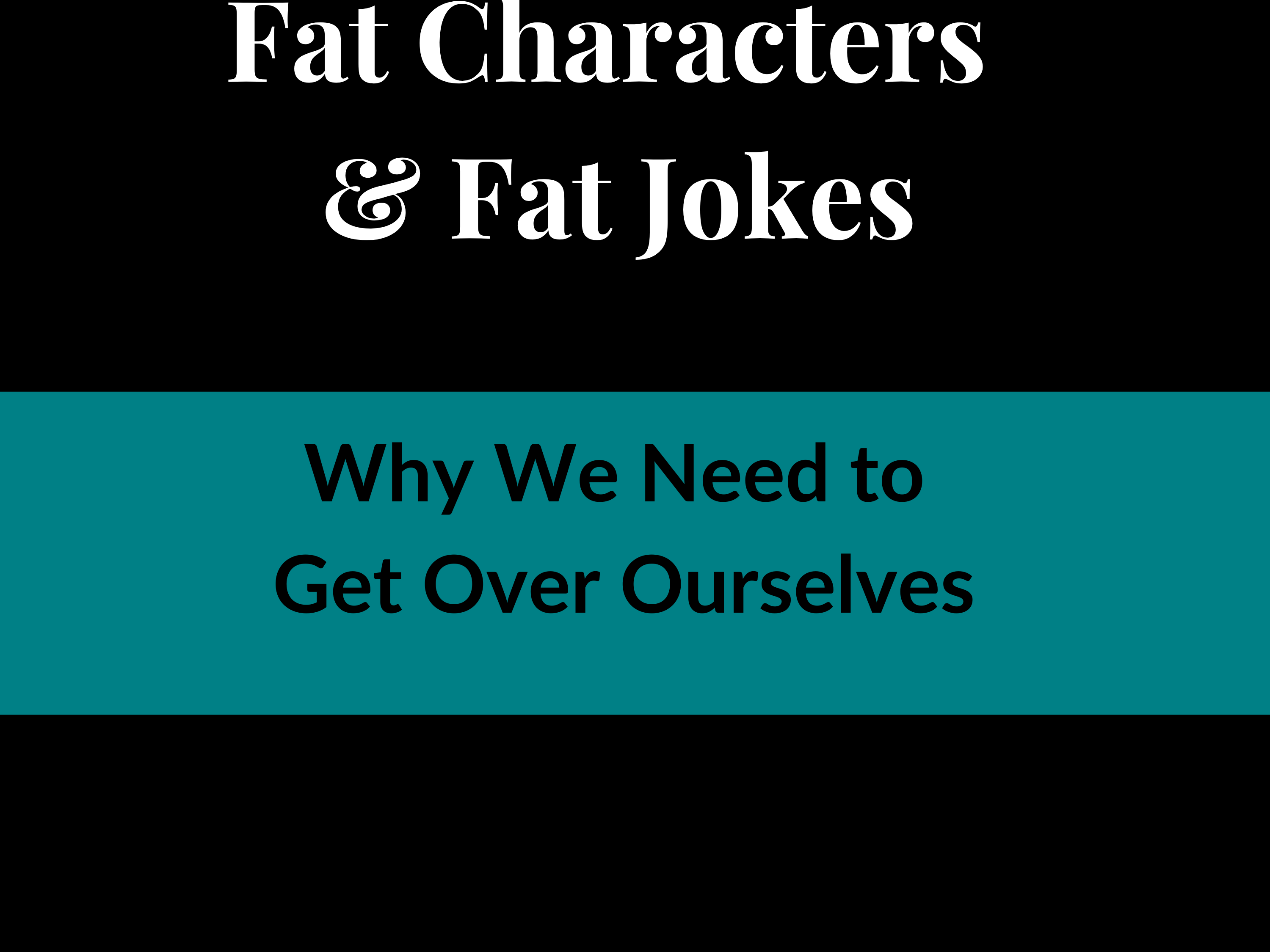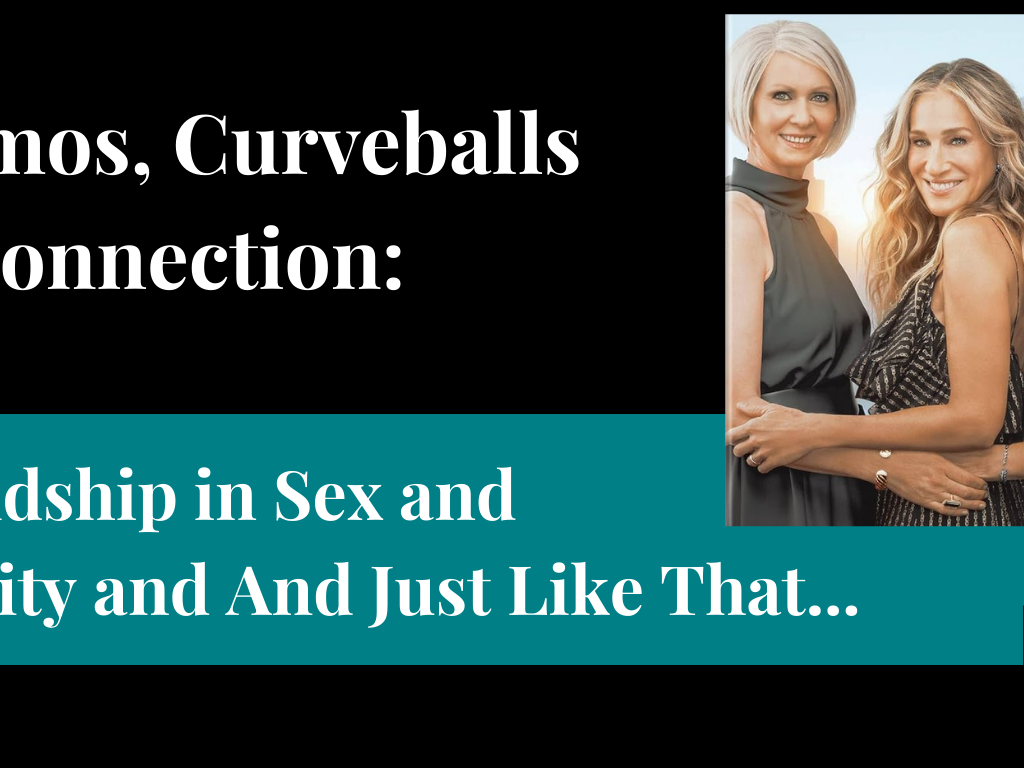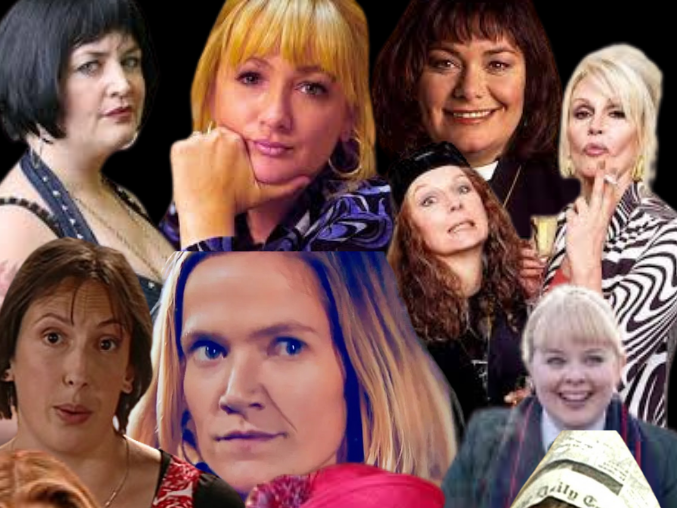Laughing at the Past: The Inherent Problems with UK Sitcoms from the 1960s to 2010s
Audio Version of the post. Warning - I may go off on tangents in the audio version
(Please note this is a huge topic and this article barely scratches the surface of inclusion in British sitcoms, You could write a book on it, and I might).
Nostalgia is powerful. It wraps us in the glow of what feels like simpler times—Saturday nights in front of the telly, everyone laughing along to the same jokes. British sitcoms, with their unforgettable characters and endlessly quotable lines, are a cornerstone of that cultural memory. But nostalgia, while comforting, can also be misleading. It can obscure the uncomfortable truths embedded in the comedy of the past—truths about race, gender, sexuality, and class.
This isn’t about cancelling comedy or rewriting history. It’s about watching with our eyes open. British sitcoms from the 1960s to the 2010s didn’t just reflect the values of their time—they helped shape them. Revisiting these decades with a critical lens doesn’t ruin the laughter; it simply helps us understand who was laughing—and who was being laughed at.
1960s: Foundations of a Format (and of Bias)
The 1960s saw the golden age of the British sitcom begin to take form with shows like Steptoe and Son, Till Death Us Do Part, and Hancock’s Half Hour. These were pioneering in many ways—sharp, character-driven, and often reflective of real working-class life.
But they were also steeped in casual sexism and exclusion. Female characters were frequently portrayed as nags, love interests, or background noise. Issues like the women's liberation movement and access to contraception were largely invisible. If women appeared, it was typically to serve a male character’s emotional arc or punchline.
Meanwhile, Till Death Us Do Part attempted to satirise bigotry through Alf Garnett, a working-class racist and sexist character. While the intention was to expose prejudice, many viewers simply agreed with him. The satire was lost on a portion of the audience—an early example of how irony can backfire.
1970s: The Peak of Problematic
British sitcoms exploded in popularity in the 1970s—but so did the overt stereotypes.
Shows like On the Buses and Are You Being Served? relied heavily on objectifying women, often portraying them as either sex objects or shrews. In On the Buses, infidelity was a recurring joke, with “fat wives” replaced by “dolly birds.” Fawlty Towers brought a sharp comedic edge, but also fell into tired tropes like the “nagging wife” and 'foreigners' played for laughs.
This decade also saw sitcoms grapple poorly with race and immigration. Love Thy Neighbour was built on the tension between a white couple and their Black neighbours. While pitched as a comedy about racism, it frequently resorted to racial slurs and crude stereotypes, turning difference into punchlines. Similarly, Mind Your Language reduced immigrants to walking clichés—Italian passion, Chinese confusion, Spanish sensuality—based solely on their accents and attire.
At the same time, LGBTQ+ characters were largely absent or reduced to innuendo. Mr. Humphries in Are You Being Served? became a national icon, but his sexuality was never confirmed. His flamboyance was treated as enough to generate a laugh. Camp characters were safe to laugh at, but never fully seen.
1980s: Alternative Comedy, Same Old Blind Spots
The 1980s brought us iconic shows like Only Fools and Horses, 'Allo 'Allo!, and The Young Ones. These shows stretched the boundaries of traditional sitcoms—but even as comedy got bolder, its blind spots remained.
Sexism was still baked into the genre. ‘Allo ‘Allo! revolved around a cheating middle-aged man pursued by young women, and while The Young Ones and Not the Nine O’Clock News parodied gender norms, their casts remained overwhelmingly male.
Racism remained present, though sometimes more subtly. Only Fools and Horses reflected the casual racism of its time, often through language and exclusion. Despite being set in diverse Peckham, its main cast remained almost entirely white. In contrast, Desmond’s, airing in the late ’80s, was a groundbreaking British sitcom that offered a rare portrayal of a vibrant, multidimensional Black family and community. It was human, warm, and ahead of its time.
The LGBTQ+ community, meanwhile, continued to be caricatured. Jokes around gay panic remained frequent, such as in Only Fools and Horses, where Del Boy reacts with horror at the idea Rodney might be gay. These gags reinforced discomfort with gayness, treating it as laughable or threatening.
1990s: Some Progress, Still Punching Down
The 1990s brought complexity. While many sitcoms stuck to tradition, some made real strides in representation.
Women moved from the background to the centre in shows like Absolutely Fabulous, The Vicar of Dibley, Game On, and Keeping Up Appearances. These weren’t perfect, but they gave women distinct voices and agency. Absolutely Fabulous even embraced gay culture with characters like Justin and Serge—not as jokes, but as part of its glam, chaotic universe.
Racial diversity also started to show more promise. Goodness Gracious Me, The Real McCoy, and The Kumars at No. 42 were led by British South Asian and Black comedians and writers. Although not sitcoms, these shows skewered stereotypes from within, offering smart, self-aware commentary on life in multicultural Britain.
Still, mainstream sitcoms remained largely white, heterosexual. One Foot in the Grave, Men Behaving Badly, and Keeping Up Appearances were beloved by audiences, but rarely featured characters who were not white or had diverse experiences.
2000s: A Turning Point, But Not a Revolution
The 2000s brought more nuanced shows—though change came gradually.
The Office helped shift sitcoms into a more subtle, realistic register. Characters like Dawn were better developed, but still largely filtered through the male gaze. Though progressive in style, it didn’t always translate to equitable representation.
Sketch shows like Little Britain and Bo’ Selecta generated huge laughs but have since been re-evaluated for their reliance on racial caricatures and offensive stereotypes. What was once seen as edgy or daring now reads as uncomfortable and harmful.
There were exceptions. Sugar Rush offered a genuine portrayal of a young lesbian protagonist, and Beautiful People celebrated flamboyant characters with warmth. These were the seeds of more inclusive comedy - but they remained niche.
2010s: The Echoes Remain
By the early 2010s, comedy was shifting. Viewers were beginning to call out harmful tropes. New platforms gave rise to new voices. Shows like Chewing Gum (2015) and Fleabag (2016) marked a cultural shift toward more inclusive, introspective humour, although they arrived just after the time frame I am covering here.
The legacy of earlier decades lingered. Nostalgia-driven reboots often repeated the same jokes, without the same excuses. And debates around what can and can’t be joked about started to take centre stage - not because audiences became "too sensitive," but because they became more aware.
A Better Kind of Nostalgia
None of this means we need to burn the archives or cancel history. But when we revisit these shows, we should do so critically, not as warm and fuzzy comfort viewing, but as historical artefacts that show how far we’ve come (and how far we still have to go).
Instead of endlessly rebooting old formats, we should support new voices in comedy - writers, performers, and producers who reflect the full, messy, diverse reality of Britain today.
Let me know what you think in the comments below.
Thank you!

